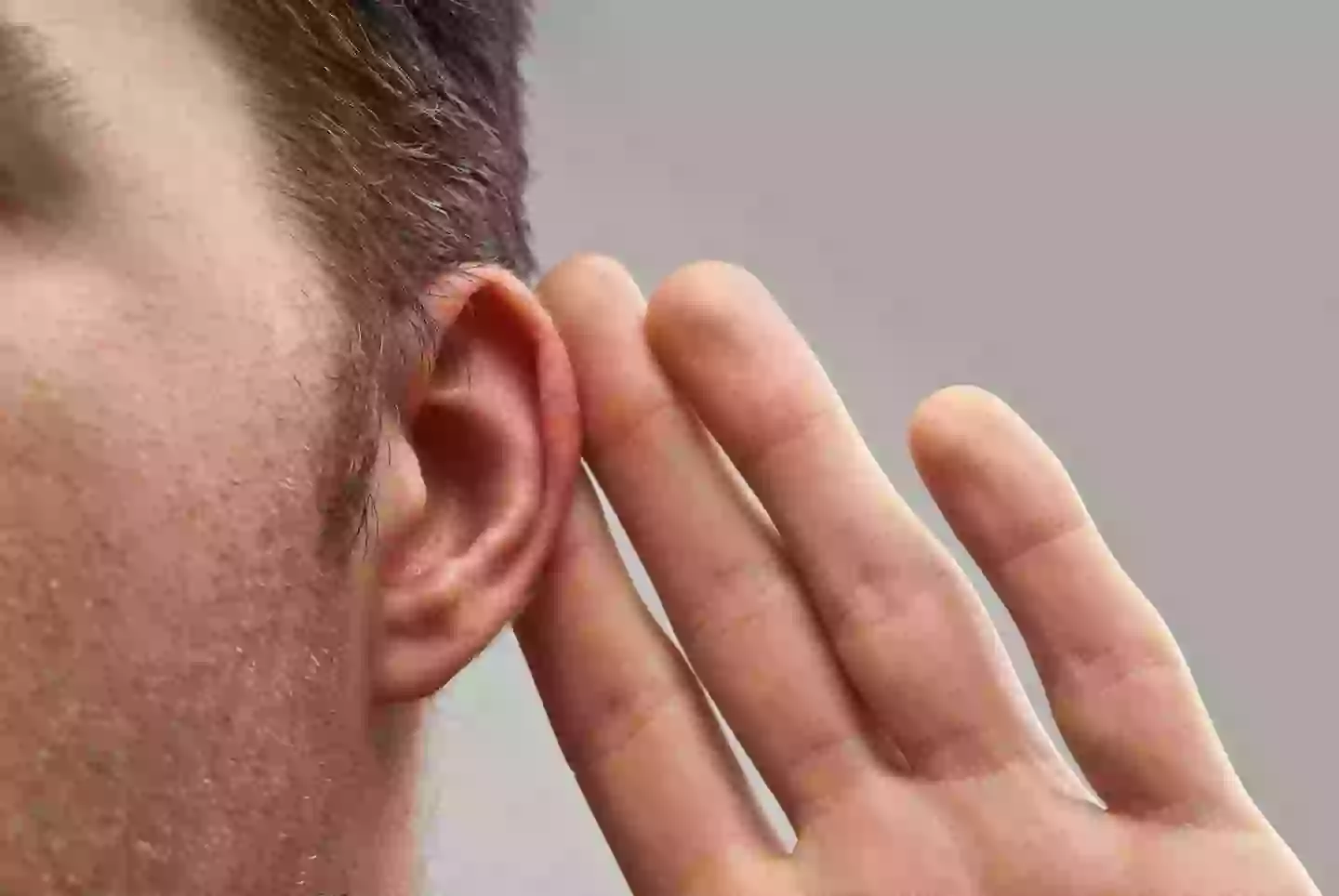
If you're feeling down or a bit meh, you may say you've got a case of the blues.
But do you know where the phrase 'feeling blue' actually comes from?
People have been left baffled after architect and design expert Reeves Connelly shared the origins of eight common phrases on social media.
Advert
In the caption of an Instagram reel that has been viewed more than six million times, he stated: "These are just a few examples of how design plays a huge role in the development of cultural sayings and idioms."

At the top of his list is 'feeling blue,' which Oxford Language Club describes as 'to experience a state of sadness, melancholy or emotional distress.'
As it turns out, the origin behind the saying - and the general association between the colour blue and sadness - is a nautical one.
Advert
Connelly explained: "It's because ships traditionally flew blue flags when their captain passed away."
This is further clarified by the NOAA (National Oceanic and Atmospheric Association) on its website.
It explains: "If a captain of officer of a ship died while at sea, the crew would fly blue flags and paint a blue band along the ship's hull.
"Over time, this symbol of grieving was equated with feeling sad or melancholy."
Advert
But that wasn't the only surprising word origin Connelly shared.
Did you know the phrase 'Goodnight, sleep tight' comes from the fact that beds used to be supported by ropes?
"So, if you tightened the ropes, the bed would get firmer and more comfortable to sleep on," he said.
Advert
And, have you ever referred to a nosy neighbour as an 'eavesdropper'?
The term, which is used to describe someone who secretly listens to what other people are saying, has its origins in home design.

Connelly explained: "Nosy people are called eavesdroppers because an 'eave' is the part of a roof that extends past the walls of a home.
Advert
"So if someone is trying to hear a conversation inside, they would stand right under it."
Indeed, the Merriam Websterdictionary confirms: "Eavesdrop started off literally: first it referred to the water that fell from the eaves of a house, then it came to mean the ground where that water fell.
"Eventually, eavesdropper described someone who stood within the eavesdrop of a house to overhear a conversation inside."
It's safe to say the content creator's word facts left people pretty baffled.
One person wrote in the comments: "Wait, I’m 39 and thought it was called an 'ease dropper'."
Another said: "My historian and curious brain is beinggg FED," while a third added: "God I love knowledge."
And a fourth commented: "And just like that - the world makes more sense."
The more you know, eh?
Topics: Social Media, News
